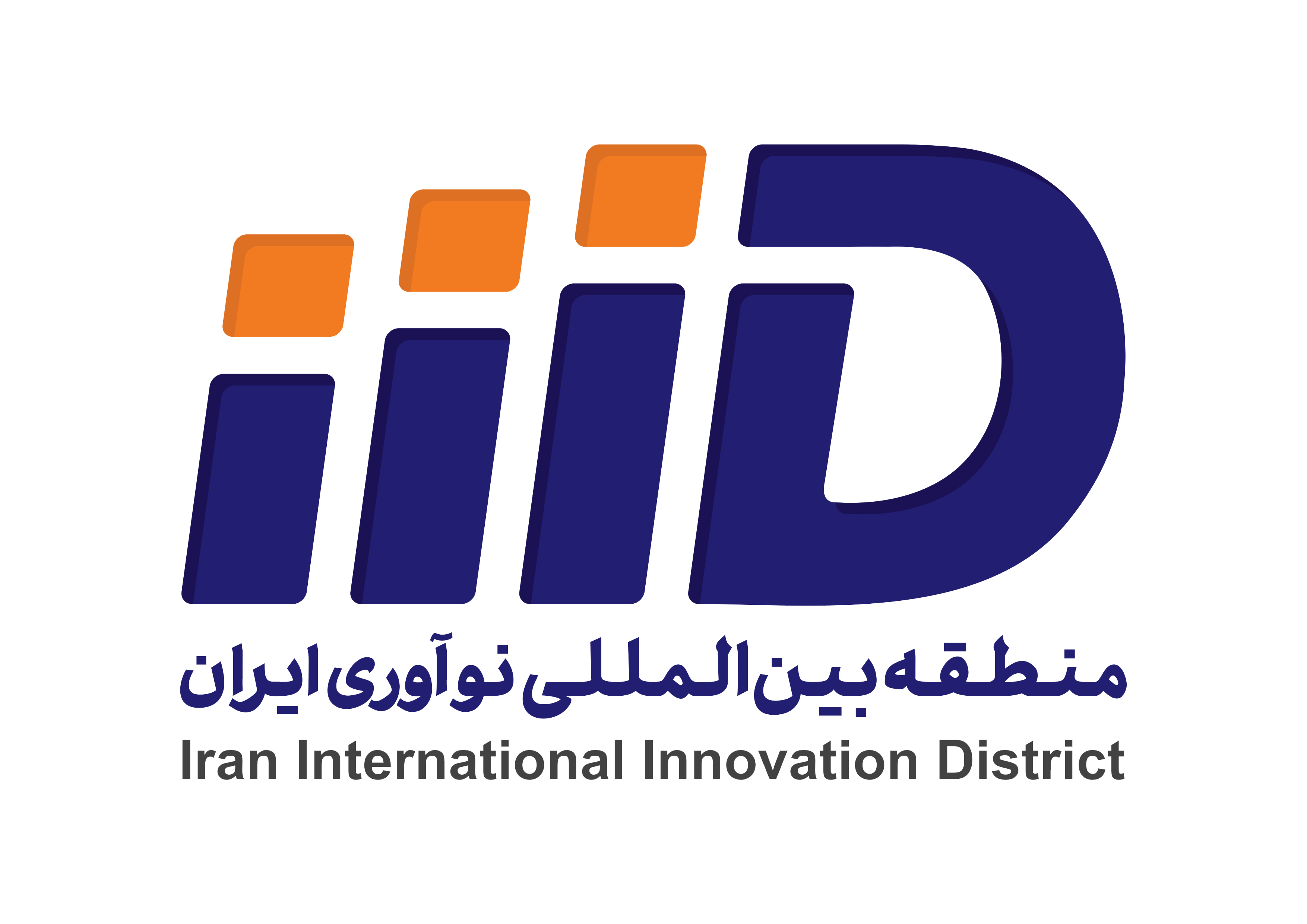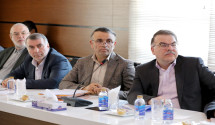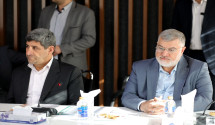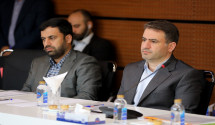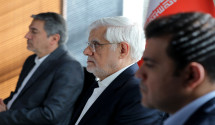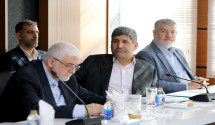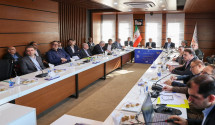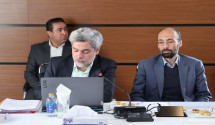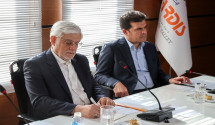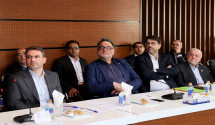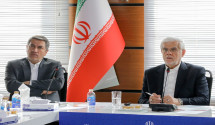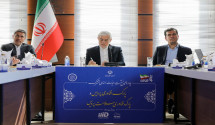First Vice President Highlights IIID’s Strategic Role in Advancing Iran’s Innovation Ecosystem and Calls for Focus on Microelectronics
IIID Recognized as a National Asset; Regional Market Demands Iran’s High-Tech Achievements
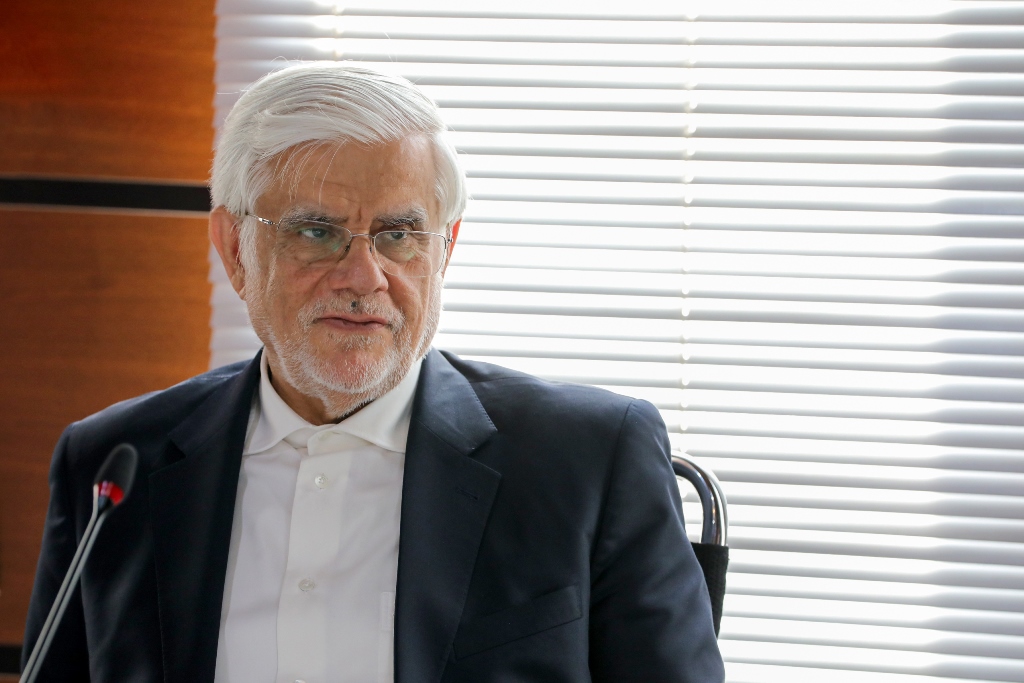
At the 14th joint board meeting of Pardis Technology Park (PTP) and Pardis Health Technology Park, Iran’s First Vice President underscored the Iran International Innovation District (IIID) as a source of national pride and a key driver for high-tech advancement, emphasizing the need to leverage IIID’s potential for regional influence and to prioritize microelectronics development.
On April 22, 2025, Iran’s First Vice President, Dr. Mohammad Reza Aref, highlighted the vital role of the Iran International Innovation District (IIID) in achieving national goals in advanced and high technologies. He stressed that IIID’s elevation from a technology park to an international innovation district reflects the country’s trust in its services, processes, and capacity, and called for continued commitment to this responsibility.
Dr. Aref reflected on two decades of progress at Pardis Technology Park (PTP), noting its significant contribution to Iran’s scientific and technological achievements, especially in high-tech sectors. He traced the park’s origins back to the early 2000s, mentioning the initial plan for private administration and the eventual transition to a state-managed structure due to the evolving private sector landscape.
He pointed out that a regional market of 300 million people has a growing need for Iranian technological advancements, and highlighted recent steps to expand Iran’s regional partnerships, including the approval of the Free Trade Law with Eurasia and Iran’s membership in key regional organizations. Dr. Aref also noted the cultural affinity Iran shares with its neighbors, underscoring the importance of leveraging these ties for innovation-driven growth.
Emphasizing the strategic importance of microelectronics, Dr. Aref called on IIID to intensify its focus and initiatives in this field, acknowledging previous shortcomings and the need to recover four decades of lost ground. He also encouraged Iran’s science and technology parks to lead the development of scientific and technological relations with neighboring, African, and regional countries, as well as nations prioritized in Iran’s foreign policy.
Dr. Aref concluded by highlighting the unique position of Iranian academic and research institutions in the region and the necessity of consolidating Iran’s global standing through long-term engagement, rather than short-term gains.
Quick Access

Address: Pardis Technology Park, 20th km of Damavand Road (Main Stresst), Tehran I.R. Iran.
Postal Code: 1657163871

Tel: 76250250 _ 021

Fax: 76250100 _ 021
E-mail: info@techpark.ir

website:iiid.tech
